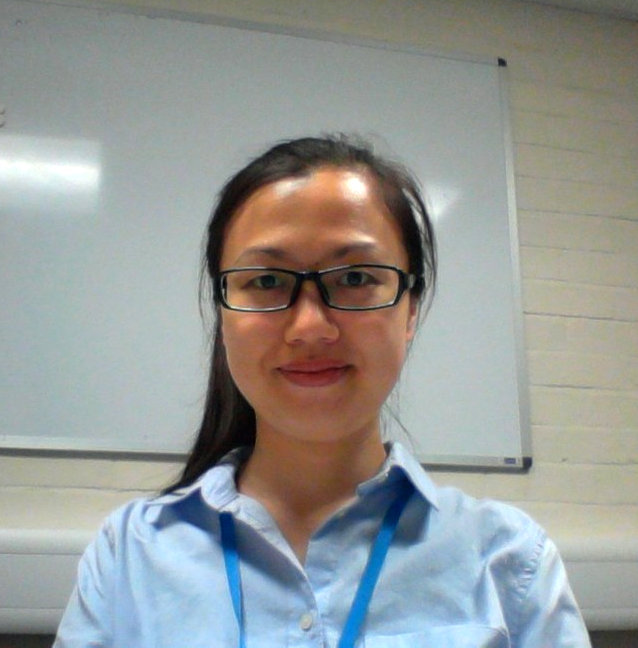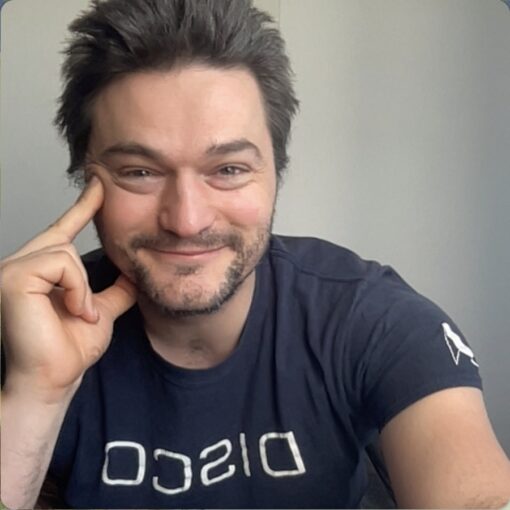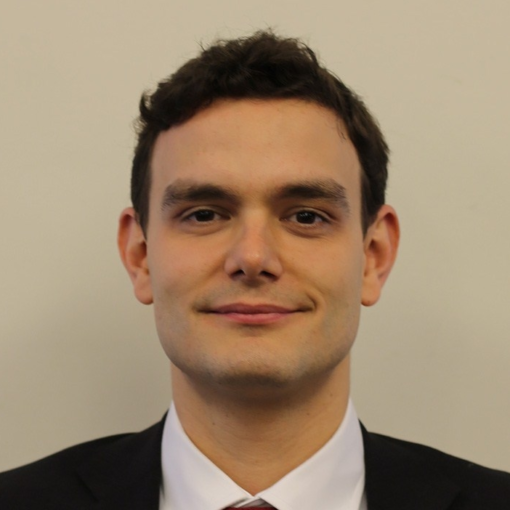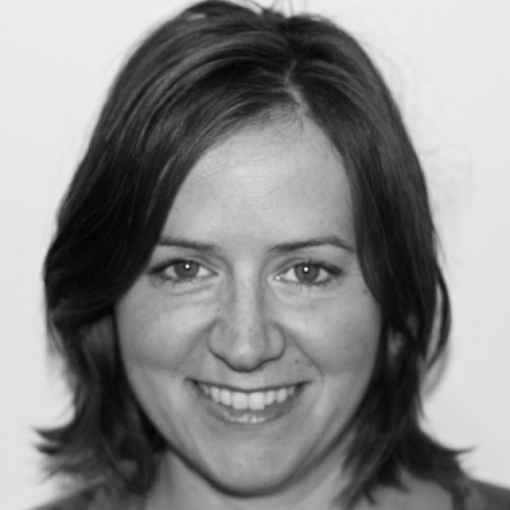DPhil in Organic Chemistry, University of Oxford (2019)
| Research Scientist | |
|---|---|
| Oxford Nanoimaging (ONI) | |
Year entered into a non-academic position: 2018
Job highlight: Fast-paced working environment, creative thinking rewarded.
My research training set me up to… develop creative designs, think critically and learn fast about multiple disciplines.
What’s your background?
I obtained a Bachelor of Science (major in chemistry) and a Bachelor of Commerce (major in accounting) degrees from the Australian National University. My honours project mainly involved synthesis and characterisation of organometallic complexes. By the time I graduated, I enjoyed lab-based research projects so much that I decided to go further. With a full scholarship, I pursued a DPhil program at the University of Oxford, which I completed in Prof. Harry L. Anderson’s lab at the Department of Chemistry. Sitting on the interface between chemistry, biology and super-resolution microscopy, the multi-faceted research provided an invaluable experience.
Why did you move away from academia?
I felt that academia is not really for me due to a few personal preferences. I most enjoyed scientific research when it was working towards clear and valuable applications, such as enabling the high-resolution imaging of cells that my PhD work was concerned with. Additionally, the PhD and subsequent academic careers typically involve a high degree of solitary work, whereas I prefer to work closely with others in a team. Due to my preferences for applied research and teamwork, I decided to look for job opportunities in industry and have been very pleased with that choice so far.
Is there anything you miss about academia?
A bit, but not much. The company is a spin-out from Oxford Physics and so it has the same kind of culture in the R&D department. I do miss my previous academic research group and the friends I made in college and the department.
How did you get this job?
I was contacted by a recruiter who had found my LinkedIn profile. At that time, ONI were hiring and my CV was handed to them via the recruitment agency. This led to a 2-hour interview, which must have gone well!
Did you think you had the skills required for your current position before you started? Were you right?
Initially, although ONI do work with advanced microscopy techniques that my PhD also touched upon, I wasn’t sure if my specialist skills in organic synthesis would be useful for or applicable to the role I was appointed to do at ONI. The R&D work that I am involved in at ONI does not involve much organic synthesis at all. However, I soon realised that the general principles of logic, careful reading, planning and thought that you learn during the PhD are excellent preparation for approaching new problems.
How did your PhD prepare you for your current job? For example, what were the transferable skills that you developed during your PhD that are most relevant to your current job?
A PhD is, by nature, very focused on a fairly narrow topic and a specialist set of techniques. However, what I soon came to appreciate was the far more generalisable skills set that one gains to develop analytical thinking, problem solving and planning.
I soon learned the necessary new content though the challenges were fundamentally the same; it has been very rewarding to realise the value of PhD training applied in a cutting-edge industrial context.
Did you have any preconceptions about your sector that proved to be wrong?
I had mistakenly thought that the company would consist primarily of physicists and life scientists due to the core technology and its applications. In reality, the company is a dynamic mix of engineering, scientific and commercial teams and since the company is still in relatively early stages, you have the opportunity to interact with, and learn from all of them.
Can you describe a typical week in your job?
The great thing is that no week is identical! There are peaks of activity sometimes when we get excited about an R&D breakthrough and the whole team puts in extra effort. It is great to celebrate these successes that are achieved collectively, and we get a great sense of appreciation from the company.
What’s the workplace culture like?
It’s a fast-paced environment and the company is growing rapidly. There is a sense of real opportunity and the company regularly hits new milestones. It’s really exciting to be in that environment. You feel valued in your team and there are some great bonuses – the company provides lunch, a gym and supplies healthy snacks and fruit. There can be intense work, but everyone is in it side-by-side.
What are your favourite parts of your job?
It is great to be part of something where the progress is really tangible and your contributions really do seem to make a difference. I most enjoy the sense of reward when we overcome a difficult problem or successfully bring together technologies we’ve developed.
I really appreciate the flexibility that ONI provides its staff too.
What are your reflections on your (future) career path?
Whilst ONI continues to succeed and develop new technology, I think there will be an enjoyable and rewarding career for me there. What I’ve learned, more generally, is that I do really enjoy R&D outside of academia – the teamwork, the closeness to real application and the variety – and that I would be happy to continue working in industry. I have also realised that there are many opportunities outside of academia and big companies that you hear all the time; there’s a very exciting world of startups and small biotechs that provide the best of both industry and academic environments and with very dynamic career opportunities.
Do you have any advice for current graduate students and postdocs considering a career outside of academia?
Speak with people and don’t be afraid to ask about their role and their company and get plenty of advice. Building a network like this can also lead directly to exciting opportunities that you would otherwise never know about. Explore your opportunities and look outside of the normal areas. Get an up-to-date LinkedIn profile and use tools like scientific recruitment agencies to discuss your preferences. If you are looking specifically to work in smaller startup companies then try platforms like AngelList and Crunchbase to find interesting companies and reach out to them. Be open-minded to where your ideal opportunity might come from.
Can you recommend any relevant resources, organisations or events that might help somebody new to the sector find out more about it?
The industrial network in Oxford and much of the South is covered by OBN (Oxfordshire Bioscience Network). They run drinks evenings and other networking events that are useful, and they generally have a good oversight of companies small to large. LinkedIn is very widely used for job-hunting and recruitment and I would highly recommend that you get a professional photo and update your profile there too.
When it comes to actively looking and applying for jobs, the Oxford careers service can provide support and advice. I, myself, went to several appointments, with very helpful friendly staff in the careers centre. Jonanthan Black and Mike Moss, helped thoroughly check my CV and cover letter and provided advice. It is really important to have a smart and error-free CV, so be sure to get feedback from friends, family, colleagues, anyone!
ONI is a pioneer of next-ge neration super-resolution microscopy. We have developed the world’s first benchtop sized super-resolution microscope which allows users to image cells at the highest resolution, understand molecular interactions and study the fundamentals of biology. Our goal is to bring fluorescence microscopy to a new community of researchers, for whom such experiments may have been previously inaccessible. We want to make science more effective and affordable.
neration super-resolution microscopy. We have developed the world’s first benchtop sized super-resolution microscope which allows users to image cells at the highest resolution, understand molecular interactions and study the fundamentals of biology. Our goal is to bring fluorescence microscopy to a new community of researchers, for whom such experiments may have been previously inaccessible. We want to make science more effective and affordable.
The microscope offers easy access to a range of techniques including dSTORM, as well as smFRET, single-particle tracking, SIM and confocal.
At ONI, we’re about the people. We celebrate our achievements every day and we’re dedicated to achieving our mission to resolve some of the world’s biggest challenges together.
We’ve been recognised by FastTrack100 who named ONI on their 2018 list of 10 Disruptors to watch. We have also won the 2019 IOP award for Best Business Start-Up.
ONI are constantly hiring in multiple areas, and provides internships/work-shadowing opportunities all year around. For further details, please have a look at our website, https://oni.bio/careers.





